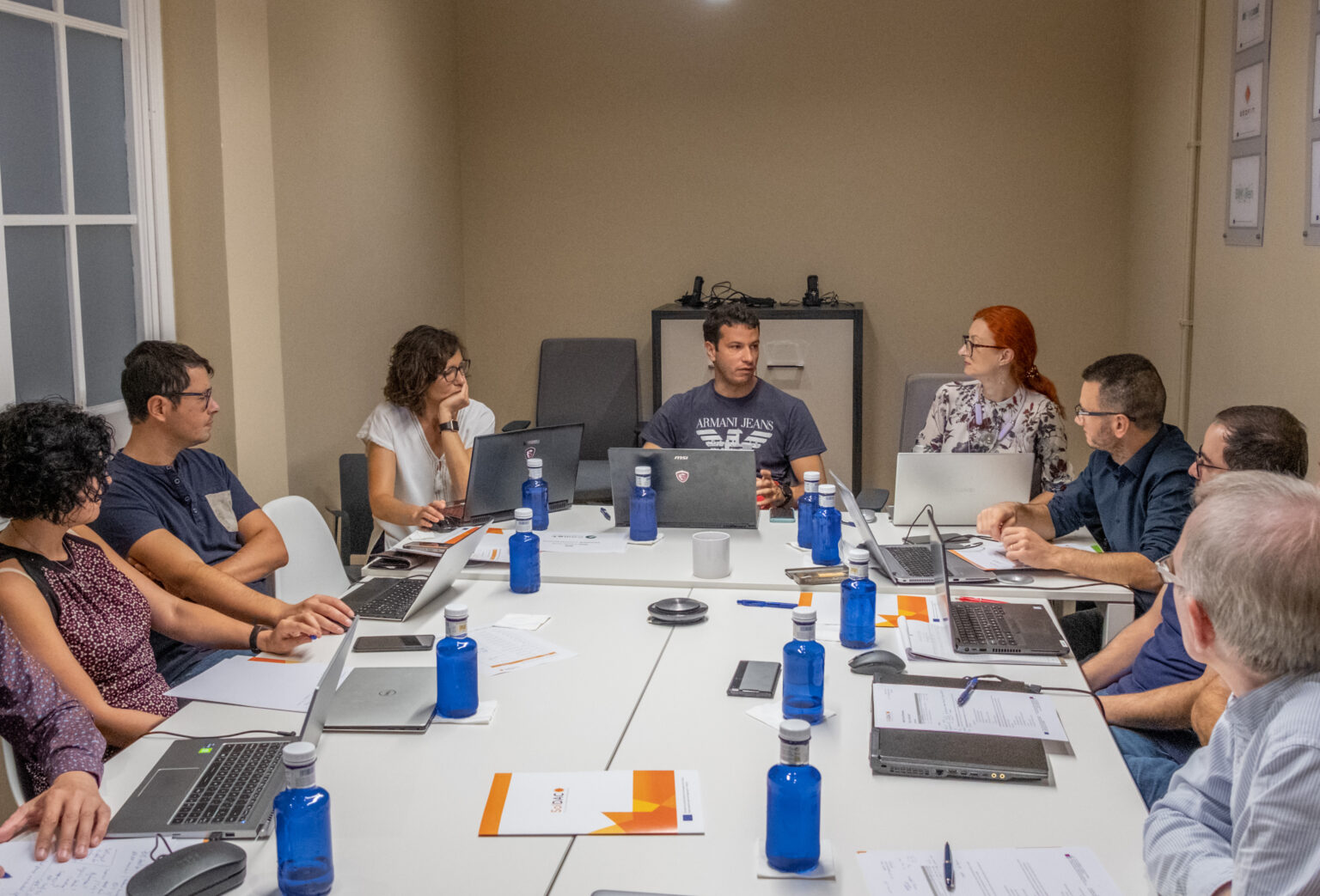Three Edinburgh researchers part of European carbon-neutral DACC project
The University of Edinburgh is delighted to be participating in an innovative new European research project which is pioneering a 100% renewable carbon-neutral solution for producing market competitive Ethylene and its by-product, Ethanol, from air.
The three-year SolDAC project – Full Spectrum Solar Direct Air Capture and Conversion (DACC) – involves six European Union partners and two UK partners (University of Edinburgh and University of St Andrews).
The SolDAC process reinvents the Ethylene production industry and replaces the current carbon-positive routes. The project will demonstrate the production of carbon-neutral Ethylene from the air in an independent, off-grid decentralised process using solar power.
Annually, up to 0.2 Gt of CO2eq is emitted globally from the production of fossil-fuel-derived Ethylene, emissions that the 100% renewable SolDAC process would wipe out. As an additional advantage, up to 0.58 Gt of atmospheric CO2 can be locked worldwide in the carbon utilisation loop of Ethylene.
Ethylene widely used globally
Ethylene is widely used in the chemical industry, principally in the production of polyethylene, a common plastic. It is also an important natural plant hormone and is used in agriculture to ripen fruit.
“Renewable energy powers the process, making it adaptable to diverse climatic conditions for replication in a wide range of locations,” said Dr Giulio Santori, one of three Edinburgh researchers involved in the project. “The process disrupts the connection between Ethylene production and fossil fuels and can be used by any current stakeholder in the renewable energy or Ethylene field.”
The two other Edinburgh academics involved are Prof Stefano Brandani and Dr Ignacio Tudela-Montes, both also from the School of Engineering. They are joined by Prof. Paul Wright from St Andrews.
The project coordinator is COMET Global Innovation, a private group based in Barcelona which specialises in technological innovation and commercialisation of European R&D, both public and private sector funded. There are three other partners based in Spain as well as one each from Italy and Belgium.
Among other things, the team plans to have prototypes on display at the Carbon Capture Technology Expo Europe, to be held in Bremen, Germany, in September.
Image: SolDAC researchers at the project kick-off meeting


